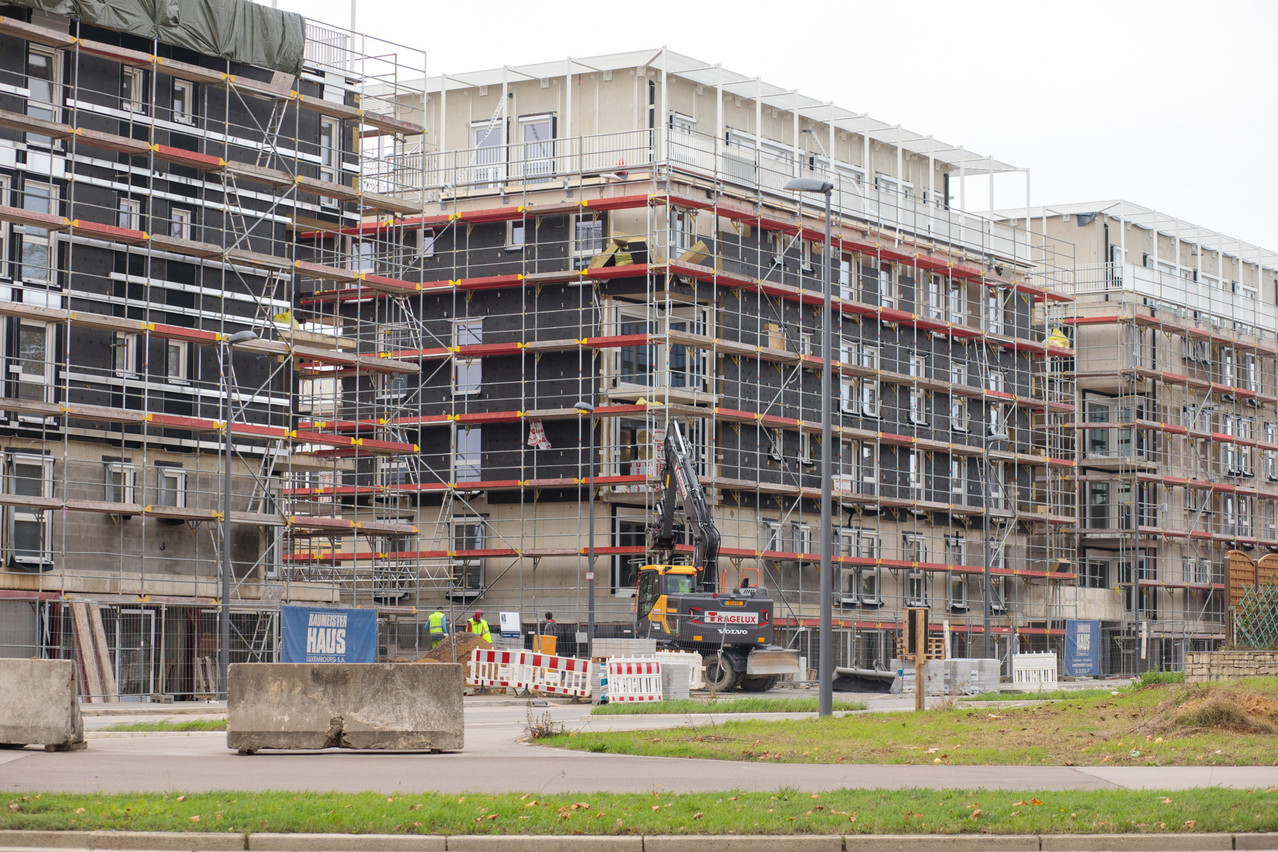The financial sector supervisory commission (CSSF) in its that house prices reached new heights compared to previous years and are fuelling household indebtedness in Luxembourg.
Rising prices are a well-established problem and researchers, experts, pundits and politicians have dissected the problem every which way. A new study by Liser and the university suggests that a tax reform, property tax reform and a strategy on municipal and national land are needed to tackle the problem.
This latest study emphasises that a small number of players owns vast amounts of land, including private owners and developers. The latter, according to the study, strategically manage the land for profit. The Luxembourg state, on the other hand, owns only a small amount of land, a result of a strategy to sell land in the 1970s.
Moreover, landowners have no incentive to build quickly, as there is no tax in Luxembourg that severely penalises the ownership of land without the intention of building on it. This is one of the main recommendations of the Liser and university researchers who worked on this study: introduce a tax on undeveloped land.
However, this tax reform is not expected to be implemented before the next municipal and legislative elections in 2023.
The government is in the process of developing a digital tool which will allow the comparison of information drawn from municipal general development plans (PAG). These plans form part of urban planning as they determine what land can be used for and how big future buildings can be.
Discussions about the new tax rate can only begin when urban planning information is available to simulate different models, finance minister Pierre Gramenga (DP) . But 45 communes, out of 102, have yet to conclude drawing up the development plans.
To combat land speculation the government has proposed a 12-year deadline for developers within which in they must begin development once they have secured buildable land.
This article in French on Paperjam and has been translated and edited for Delano.
